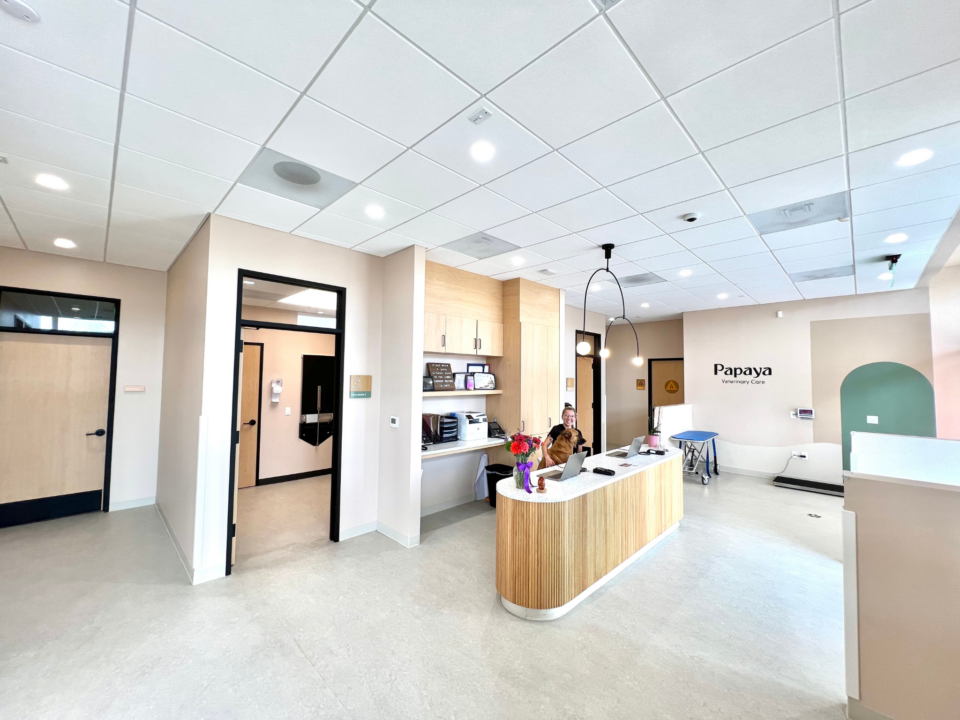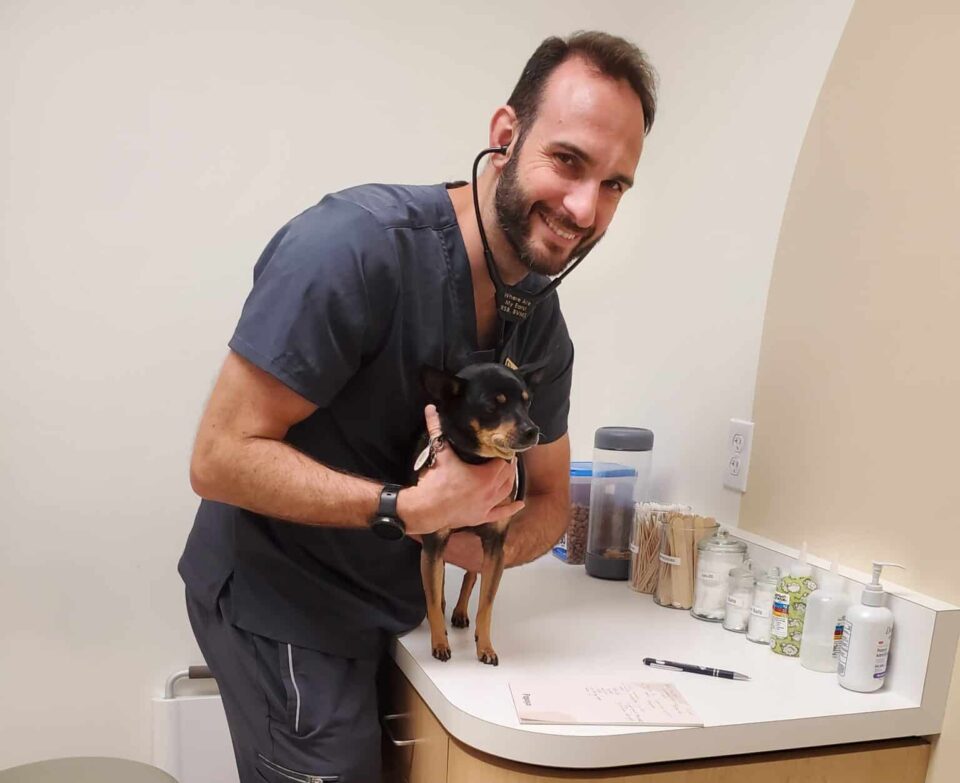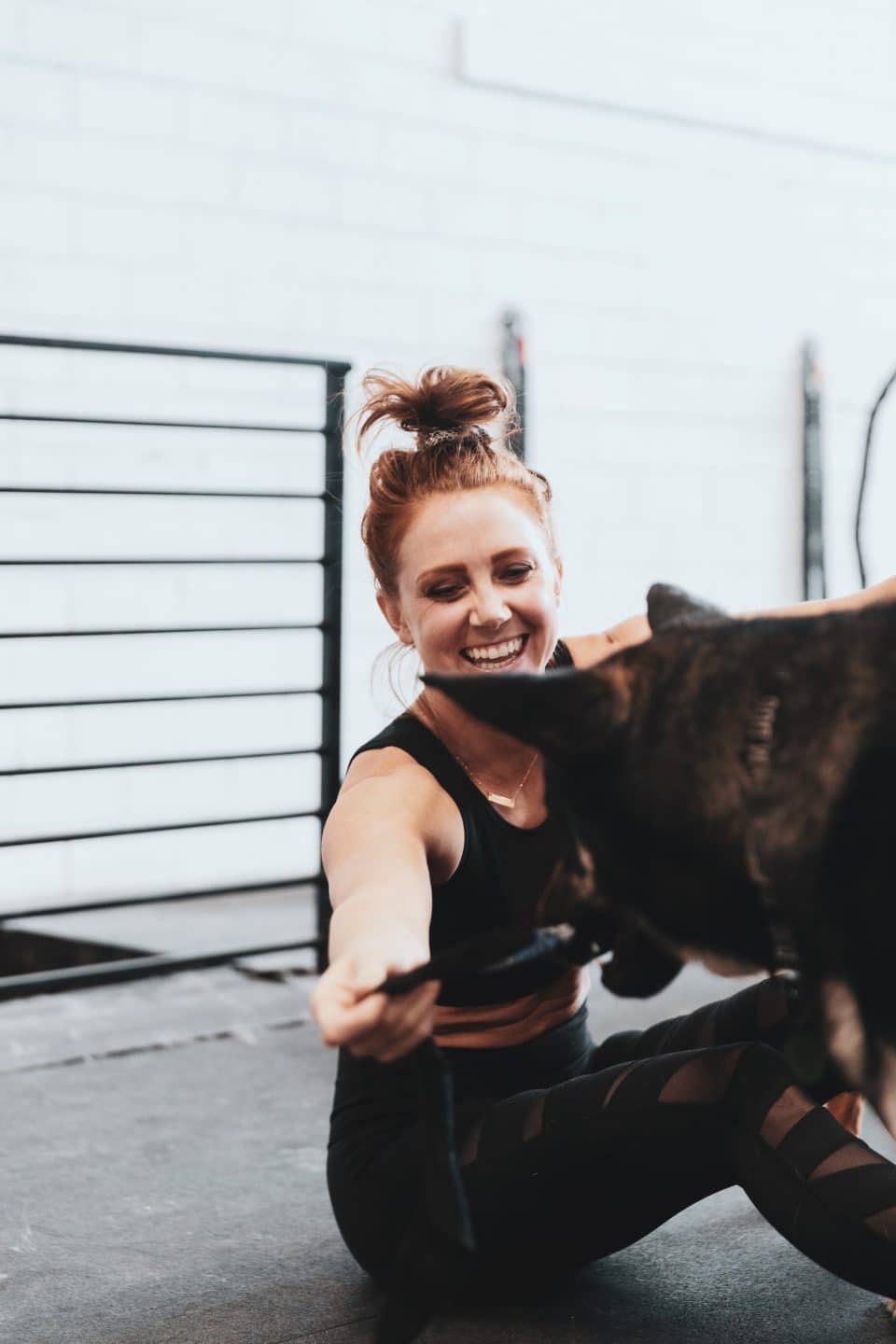Veterinary Industry
5 min read
Stayin’ Alive: Interviewing for Success
Published on Oct 21, 2024

Stayin’ Alive: Interviewing for Success
Any employee interview is a critical moment for both job candidates and Hospital Managers. It’s both an opportunity and a challenge to find the right fit for a team and specific role. Navigating an interview successfully, regardless of what side you’re on, requires preparation, confidence and an understanding of the expectations of each party. . In this article, we’ll cover valuable tips for both candidates and interviewers to ensure a successful and productive hiring process for your hospital.
Interviewing for Success: If you’re looking for a job:
It can be daunting to interview for a new position at a new hospital. Whether you’re just starting your career or looking for an opportunity to advance, preparing for an interview is essential to stand out from your competition. Here are some valuable tips to help you succeed in your next interview:
1. Know the Clinic
Before your interview, learn as much as you can about the veterinary hospital. Visit their website, check out reviews, and pay attention to any unique services they offer. You should be looking for an organization that best aligns with your experience, skillset and values.
2. Practice Performance
Remember that an interview is your chance to show your potential. Show up as you would on the job: on time, looking professional and with a positive attitude.
3. Showcase Your Talent
Be prepared to discuss your proficiency in your role, behavioral responses and approach to the job. Consider preparing specific examples of how you’ve used your skills in past roles. For example, you may want to walk through a specific patient you monitored during surgery or how you handled a difficult client call.
4. Share Your Aptitude
Veterinary medicine is constantly evolving, with new treatments, technologies, and best practices emerging regularly. Express your dedication to continuous learning and professional development. Mention any continuing education courses you’ve taken or certifications you hold, including dental radiology, fear-free handling, etc. If you’re interested in furthering your career in a particular area, such as anesthesia or critical care, let the interviewer know. This demonstrates your passion for growth and staying current in the field.
5. Ask Relevant Questions
Remember that this is your chance to interview the veterinary hospital, too. Asking questions gives you the opportunity to learn about the culture, expectations and opportunities at the hospital.
6. Follow Up with a Thank You
After your interview, a thank you note can go a long way. Send a personalized letter or email to express your gratitude for the opportunity to interview. If you can, mention specific aspects of the conversation that you enjoyed to leave a lasting positive impression on your potential employer.
Interviewing for Success: If you’re looking for an employee:
Hiring the right veterinary staff is critical to running a successful hospital. Regardless of their role, the people you bring onto your team will impact the clinic’s efficiency, client satisfaction, and overall culture. As a veterinary manager, the interview process is your chance to identify candidates with the right combination of skills, experience, and personality to make your hospital thrive. Here are some valuable tips to help you interview potential employees effectively:
1. Prepare Thoroughly
Before the interview, make sure to prepare questions that cover both technical skills and interpersonal abilities. Get specific on what it is you’re looking for and prepare questions that best give you an idea of the candidate’s qualifications. Use questions like “Tell me about a time you…” and “What steps do you take to…” to test for a candidate’s working style, approach and knowledge.
2. Review Candidates Ahead of Time
Review candidates’ resumes to familiarize yourself with each person’s experience and background. Identify specific questions you want to ask that are tailored to the candidate’s experience. Having an outline for how you want to interview each specific candidate will allow you to dig deeper into their qualifications.
3. Gauge Commitment and Aptitude
Hiring new staff can be time-consuming and expensive, so it’s important to find candidates who are committed to growing within your hospital. Ask about their long-term career goals and how they see themselves fitting into your clinic. Candidates who are enthusiastic about learning opportunities and growth are more likely to contribute to the long-term success of a practice, rather than just a temporary job.
4. Sweat the Small Stuff
Remember that how a candidate shows up in the interview is often a reflection of their best-case scenario work at your hospital. Running late, acting unprofessional or being disorganized in the interview are often signs of further management problems down the road. It’s important to be critical of candidates interviewing to ensure you are bringing top talent into your organization.
5. Involve Team Members in the Process
While it may not be feasible to have your staff included in the formal interview process, make sure to provide interaction between candidates and your existing team members. Include a short meet-and-greet or a tour of the hospital to witness how a candidate interacts with your staff. Providing interaction can help ensure you hire someone who strengthens the team dynamic and culture.
6. Don’t Make Assumptions
It’s important to avoid making assumptions based on both your experience with staff members and a candidate’s resume. For example, just because a candidate has many years of experience doesn’t necessarily mean that they have the skillset or attitude you are looking for. Similarly, someone with less experience may bring a willingness to learn that would make an excellent fit for your team.
If you have any specific expectations of employees, clarify this before you hire. Don’t assume that a candidate knows what you’re looking for. Make sure you cover roles and responsibilities, scheduling, behavioral expectations and any other qualifications required in the interview process.
In Conclusion
Interviewing potential employees for your team is a crucial step for your hospital’s success. By preparing thoroughly, focusing on both technical skills and cultural fit, and being precise in expectations, you’ll increase your chances of making the right hiring decisions. Finding the right candidate will ensure your hospital operates effectively and maintains a positive atmosphere for staff, clients, and animals.













